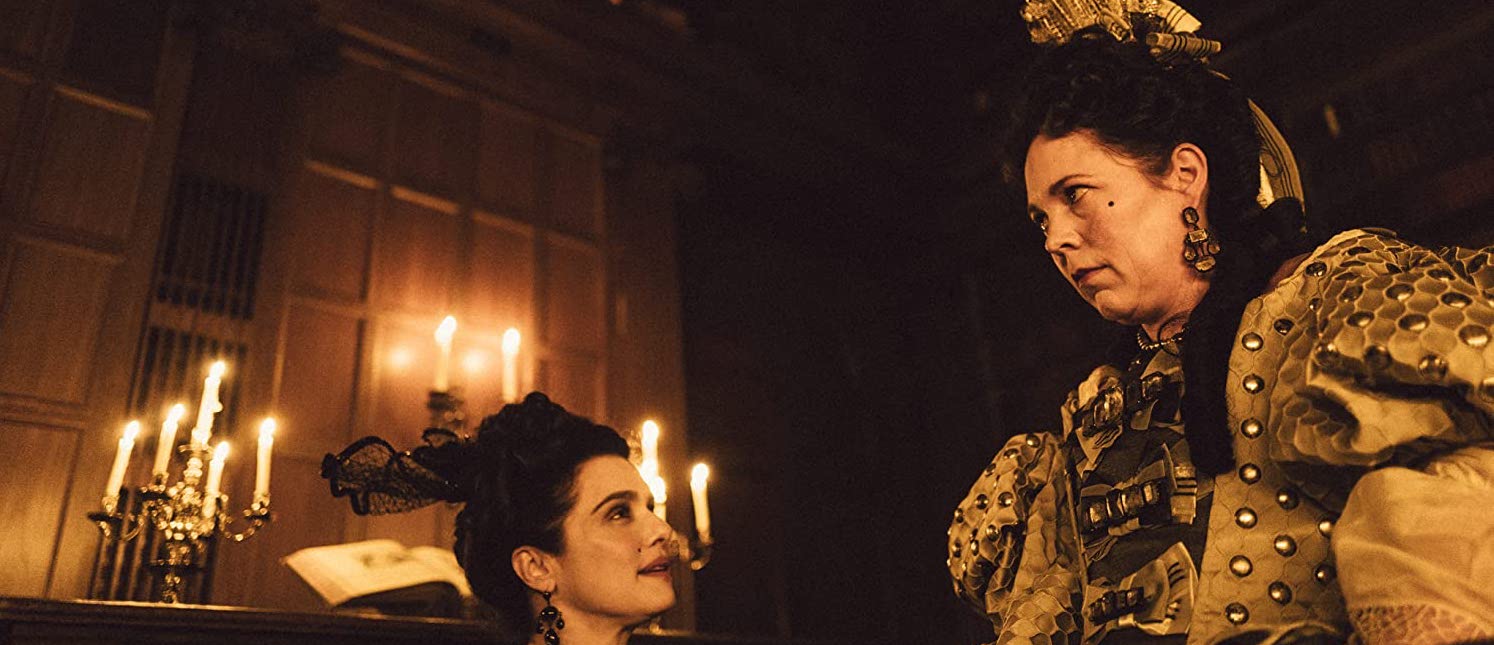To simply call Greek filmmaker Yorgos Lanthimos a unique filmmaker would be doing him a disservice. Each entry into his filmography has presented bizarre, uncomfortable, yet wholly masterful works that defy genre convention. His latest work The Favourite is no exception.
Starring the magnificent Olivia Coleman as Queen Anne of Britain, The Favourite takes place in early 1700s England, where Anne reigns as a physically and emotionally broken Queen. In the midst of the Queen’s suffering, a Duchess and a servant girl, played by Rachel Weisz and Emma Stone respectively, fight for the inept ruler’s favor.
The pinnacle of lies in the performances of the three lead actors. While all three characters are distinct in mannerisms, personality, and dialogue, Coleman, Weisz, and Stone masterfully blend in with one other, setting a distinct atmosphere of dark humor at the forefront. The way the three play off each other’s presence grants the film’s story a much-needed gateway. Not only do the leads pull off the difficult dialogue to perfection, but they also give their bodies to their roles, displaying masterful physical acting. The strength of the supporting cast forms a strong backbone to the characters, and the performances are simply revolutionary.
The film is arguably Lanthimos’s most accessible work, due to the more traditional genre and story compared to his more experimental background. Despite this, Yorgos inserts his unique vision into nearly every aspect of the film: he is able to combine grand scenes full of dozens of extras, while simultaneously paying meticulous attention to detail, be it through props, acting, or camera movement.
This is also Lanthimos’s first film where he is not credited as a writer. Despite this, the dialogue is still as bombarding as it is controlled. Themes of tragedy and self-destruction that characterize his works are present in The Favourite as well.
The downward spiral of the characters’ fates are displayed in utter visual beauty. Many scenes are reminiscent of Stanley Kubrick’s Barry Lyndon (1975), though Lanthimos takes great care to keep his vision distinct. The naturally-lit cinematography is jaw-dropping to say the least, and the precise camera movements brilliantly draw the audience’s attention to important subjects and symbols.
The one issue I had with the film was the use of a fish-eye lens: while at first it created an intriguing display, it soon felt more intrusive than creative.
The Favourite is a masterwork of tragic comedy, and surely cannot be missed. Comparing Lanthimos to Kubrick is inaccurate. He is his own beast.
Final Rating: 9/10


